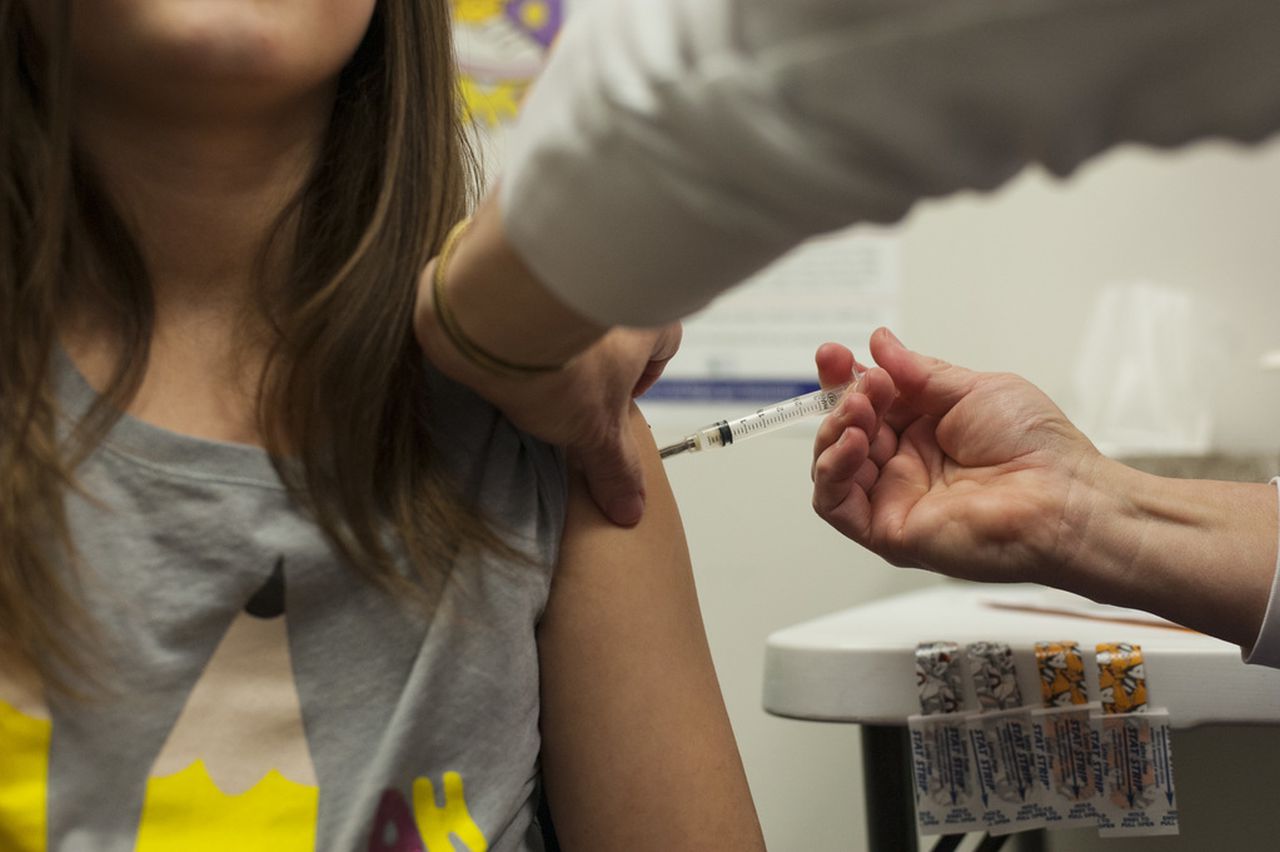Alabama pushes for more HPV vaccines, cervical cancer screenings
The Alabama Department of Public Health is pushing for greater awareness of human papillomavirus, a common and preventable disease that can cause cervical cancer, amid efforts to address the cancer in the state.
Alabama currently ranks fifth-worst in the United States for the rate of new cervical cancer cases. Nationally, an average of 7.5 women per 100,000 develop the disease, compared to 9.1 in Alabama. Black women are also more likely than white women to develop cancer.
Physicians and activists throughout the state have been working to combat the disease, which is one of only two cancers that can be prevented by a vaccine.
“The mortality of cervical cancer today in Alabama is no different than 1999,” said Isabel Scarinci, the vice chair for global and rural health in the UAB department of obstetrics and gynecology. “I could not end a professional career with those statistics.”
Operation Wipe Out Cervical Cancer Alabama, led by ADPH and partners, is working to vaccinate residents against HPV, promoting cervical cancer screenings among women between the ages of 21 and 65 and appropriate follow-up treatment for women with abnormal screening results.
Most health programs provide free HPV vaccines. Children on Medicaid and other state health programs also should qualify for free vaccinations. The vaccine is recommended for kids between 11-12 years old and protects against the two types of the HPV virus that cause 90% of cervical cancers.
Groups partnering on the initiative include TogetHER for Health, the American Cancer Society, the Rotary Clubs of Birmingham and Lafayette, Quality of Life Health Services Inc, Auburn University and others.
The 40-page plan includes barriers to care, such as a lack of trust in vaccines and the government, misinformation, stigma surrounding HPV and difficulty returning for multiple shots. It also includes potential solutions, such as education and opportunities for HPV vaccination in schools and universities, community-wide education and awareness events and increased awareness information about what services are offered by county health departments.
“I just want to remind people that we continue to do HPV vaccinations and our county health department’s it’s amazing how many people of Maine who don’t realize that we have a vaccine to prevent cancer. We in this room, take that for granted but many people aren’t aware of that,” State Health Officer Dr. Scott Harris said. “We are living in this really strange time right now where vaccine misinformation is running wild vaccines of all kinds are mistrusted by a lot of people, so it’s very important to continue to communicate the importance of HPV vaccination — particularly vaccination at the right age for young people — so that we can prevent this disease from ever even occurring.”
Anna Lisa Weigel, the associate director for cancer center partnerships for the American Cancer Society, said nationally, about 4,300 women are expected to die from cervical cancer in 2023. In Alabama, she said, there will be an estimated 240 new cases of cervical cancer, and 110 deaths this year.
“More than half the people in the United States who get cervical cancer have rarely or have never been screened,” Weigel said.
Barriers to care and screening can occur in rural areas, where people may have less access to physicians or medical providers.
Education programs, like a six-county program that will wrap up this summer in Alabama’s Black Belt, are already showing progress, leaders have said.
The World Health Organization classifies elimination of cervical cancer as:
- 90% of girls fully vaccinated by age 15
- 70% of women screened by 35 and again by 45
- 90% of women identified with cervical disease, both precancer and invasive cancer, receive treatment.
